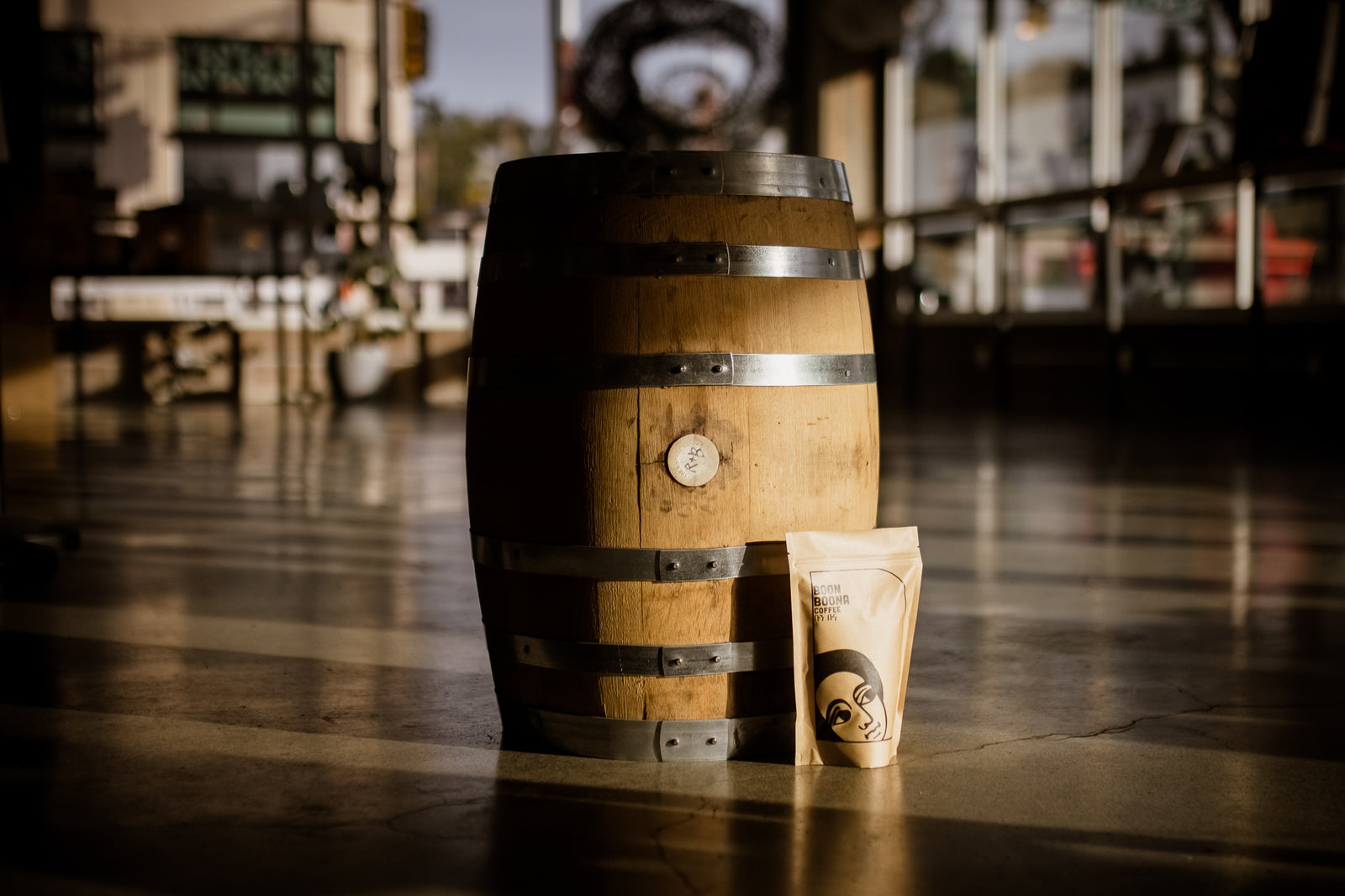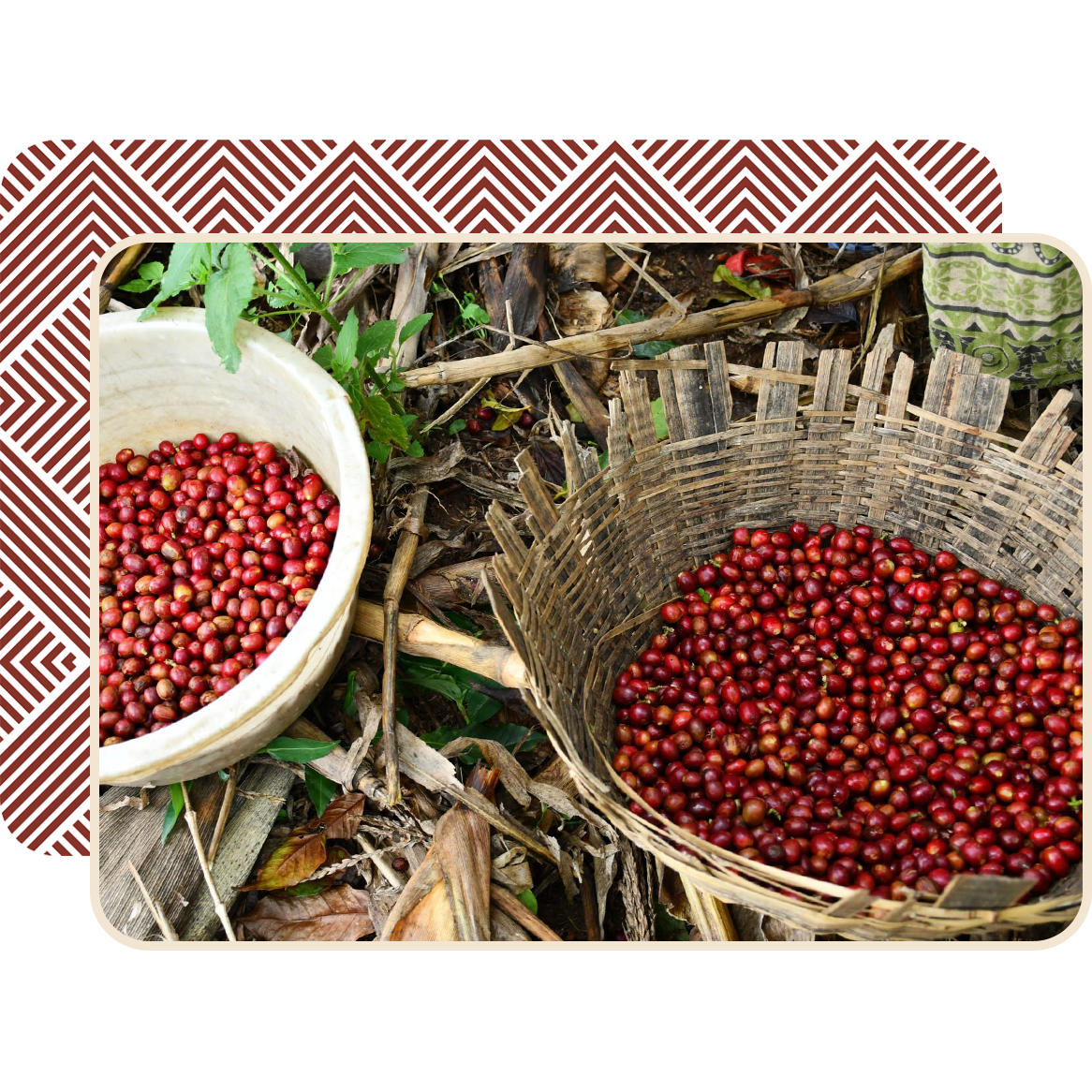Your Cart is Empty

Hafi means “close” in Kirundi, a Bantu language spoken primarily in Burundi. “Close” might seem a deceptive name for this coffee, which is from a part of the country so remote, it’s more than a six-hour drive from a city and requires taking a road that can become impassable in bad weather. But the washing station is near to the coffee farms, and they’ve yielded a bean with increasing global demand.
Why is Hafi so popular? Partly due to circumstance. Because of the area’s rural location and lack of equipment, the farmers use a natural process and experimental fermentation. The beans are dried on raised beds before being cut off from oxygen for 24 hours. The result is a silky, smooth, and flavorful coffee with jammy notes of dried cherries and blackberries.
TASTING NOTES
Watermelon candy, juicy
ROAST LEVEL
Light
REGION
Muyinga, Burundi
Process
Anaerobic Natural
Wet Mill
At JNP Coffee, we usually name our coffees based on the relationship we have with our partners at origin for each coffee, not by wet mills. For example, Hafi means close in Kirundi.

Previously, farmers in this region used to travel more than 20km with their freshly harvested cherries. JNP Coffee, founded by Jeanine Niyonzima-Aroian, helped build a wet mill that would be easily accessible. Now it’s used by 2,000 farmers earning an income they didn’t expect to receive. The success of Hafi has led to a doubling of the number of coffee-drying beds to accommodate global demand. JNP Coffee is committed to buying all the coffee that farmers in this region can produce to help their coffee reach audiences and ensure premium wages for their
work.
Coffee is personal to Jeanine, who grew up in Burundi. Her family cultivated coffee to help pay her mother’s school fees, and now, Jeanine is helping empower Burundi coffee farmers by sharing their floral, fruity coffee with the world.

Hafi's remote location used to be a challenge for the farmers to get their coffee to a washing station or to the market in general. Having joined JNP family in 2021 has provided more market access and JNP's Dushime program helped them reinvest in their business to have access to washing stations nearby. Now, they are able to offer a variety of processing methods and benefit from the increased market access.